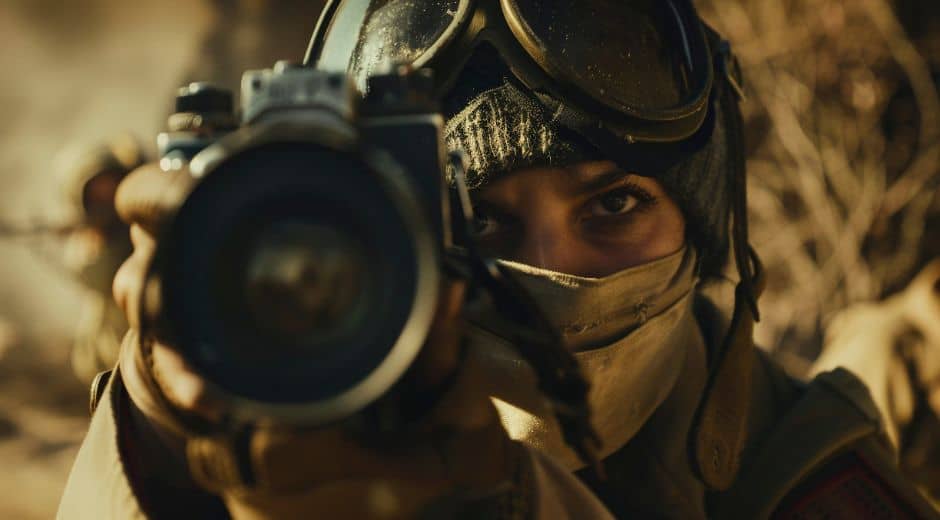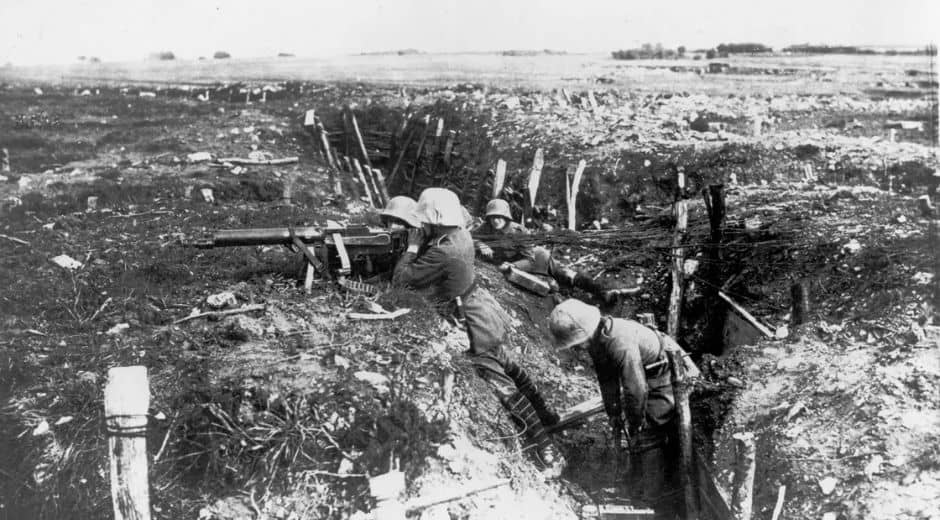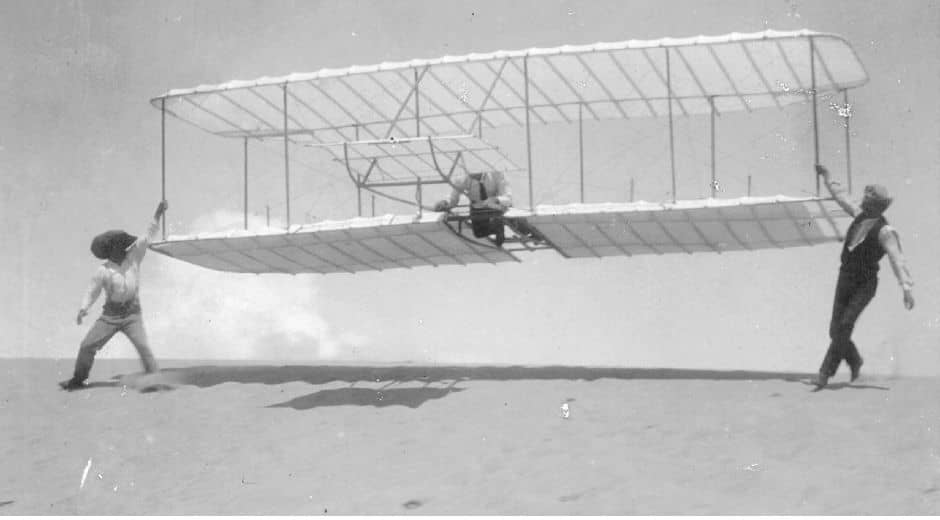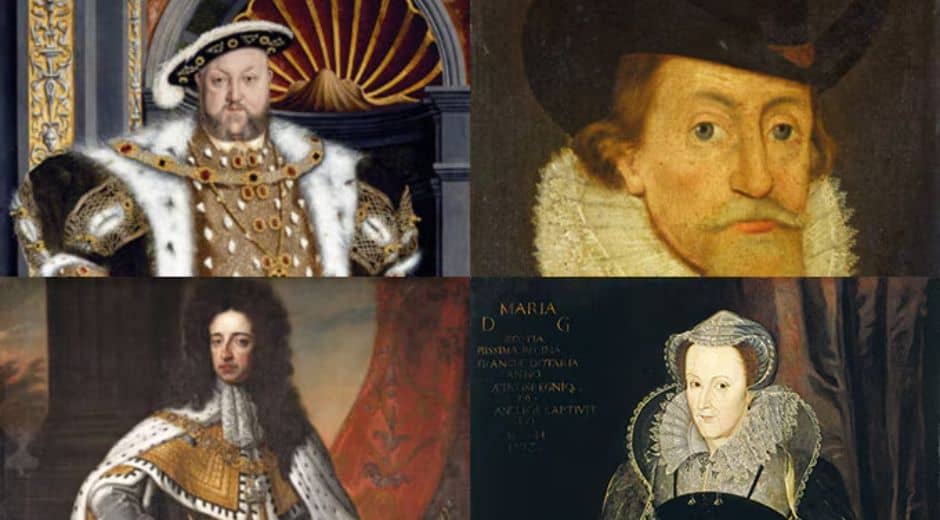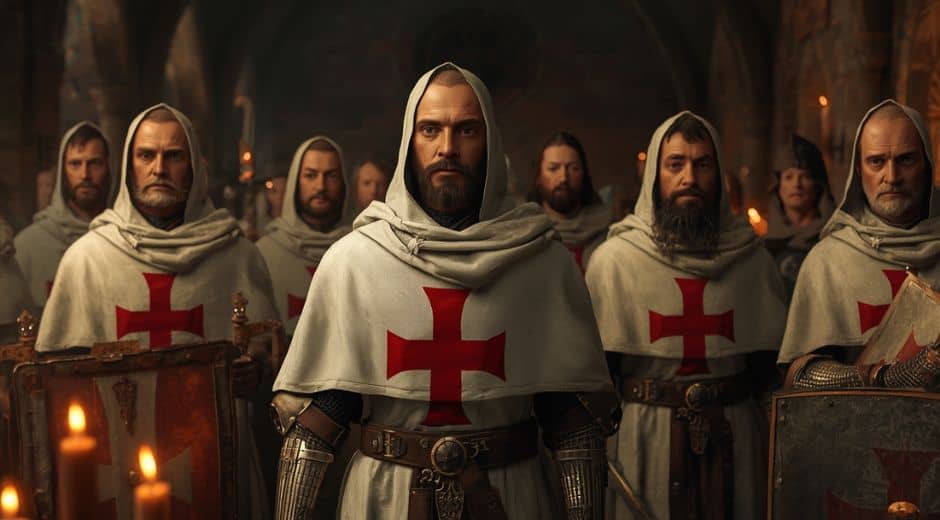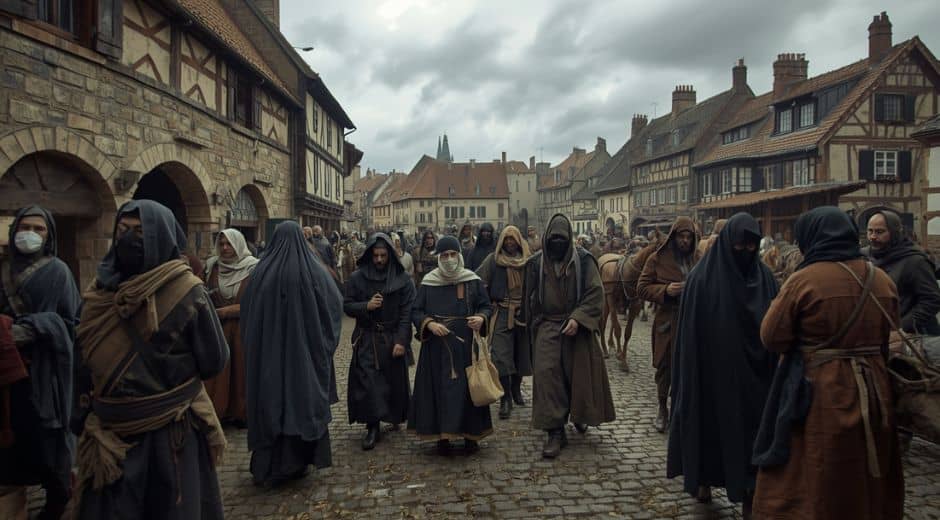WW1 Espionage: Spies and Secrets Behind the Frontlines
WW1 Espionage: Spies and Secrets Behind the Frontlines
The Birth of Modern Intelligence
WW1 Espionage marked the emergence of organized intelligence as a critical component of military strategy. Nations created specialized agencies and departments to gather, analyze, and act upon secret information. The British MI5 and MI6, Germany’s Abteilung IIIb, and French intelligence units were tasked with intercepting communications, recruiting spies, and decoding enemy messages.
These agencies recognized that information could be as powerful as artillery. The work of cryptographers, double agents, and field operatives exemplifies how intelligence evolved during the war. For detailed studies of intelligence operations and their political implications, Politicxy provides comprehensive analyses of how espionage shaped wartime strategy.
Notable Spies and Their Daring Missions
Across Europe, individuals undertook dangerous missions that demonstrated courage and cunning. Mata Hari, perhaps the most famous spy of the era, is an iconic figure of WW1 Espionage, illustrating the complex interplay of seduction, secrecy, and intrigue.
Other operatives, including members of the British Secret Service and French intelligence, carried out missions behind enemy lines, gathering maps, troop movements, and sensitive information. Their work required meticulous planning, resourcefulness, and a willingness to risk their lives for the larger cause. These spies often altered the course of campaigns by providing commanders with critical insight into enemy positions and strategies.
Ciphers, Codes, and Communication
A critical component of WW1 Espionage was the use of ciphers and codes. Both the Allies and Central Powers developed intricate encryption methods to protect communications and intercept enemy messages. The British Admiralty’s Room 40, for instance, successfully decrypted German naval communications, giving the Allies a significant strategic advantage.
The development of encryption and code-breaking during WW1 laid the foundation for modern intelligence operations. Skilled cryptographers worked tirelessly to maintain secrecy while attempting to uncover enemy plans, demonstrating the intellectual rigor required in espionage.
Female Spies and Their Vital Roles
Women played an indispensable role in WW1 Espionage. They served as couriers, informants, and intelligence gatherers, often operating in spaces considered unconventional for the era. Their ability to move relatively unnoticed allowed them to relay messages, recruit informants, and access strategic locations.
Agents like Louise de Bettignies in France exemplify the bravery and ingenuity of female operatives. Their contributions were essential in shaping outcomes on both the Eastern and Western Fronts, revealing that espionage was not just a male-dominated field during the Great War.
Industrial Espionage and Economic Intelligence
Espionage was not limited to battlefield intelligence. Industrial and economic intelligence also played a critical role in WW1 Espionage. Nations monitored enemy production, technological advancements, and supply lines to gain strategic advantages.
Understanding the enemy’s industrial capacity allowed planners to predict shortages, target factories, and adjust military strategies accordingly. For more on the economic impact of wartime espionage and intelligence, BusinessForumHub offers insights into how industrial and financial intelligence influenced military operations.
Covert Operations Behind Enemy Lines
Many of the most dramatic examples of WW1 Espionage occurred deep behind enemy lines. Operatives gathered intelligence on troop movements, sabotage equipment, and sometimes even influenced local populations.
These missions demanded extraordinary bravery, as capture often meant imprisonment or execution. Yet, the intelligence gathered in these covert operations provided commanders with a decisive edge, demonstrating how information could change the course of the war without a single shot being fired.
Diplomatic Espionage and International Networks
WW1 Espionage extended beyond the battlefield into diplomacy. Governments maintained complex networks of informants to track political developments, negotiate covert agreements, and anticipate enemy intentions. These diplomatic intelligence operations often complemented military efforts, ensuring that strategic decisions were informed by accurate, timely information.
For detailed exploration of how espionage influenced international diplomacy during WW1, Chronostual offers extensive resources on the intersection of covert operations and global strategy.
The Legacy of WW1 Intelligence
The techniques, networks, and strategies developed during WW1 Espionage laid the groundwork for modern intelligence services. Cryptography, covert operations, and spy networks became standard tools in military and political strategy. Lessons learned from these operations informed intelligence practices in subsequent conflicts, including World War II and beyond.
Studying WW1 Espionage not only highlights the bravery of individual operatives but also reveals the crucial role that information played in shaping the broader course of history. The legacy of these early espionage efforts continues to influence how nations approach intelligence and security today.
Remembering the Unsung Heroes
While battles and generals dominate the history books, WW1 Espionage reminds us of the unsung heroes who operated in the shadows. Couriers, code-breakers, spies, and informants risked their lives to ensure the survival and success of their nations.
By acknowledging these individuals, we gain a more nuanced understanding of the Great War. Their courage and ingenuity demonstrate that wars are won not only with armies but also with information, strategy, and human ingenuity.
Conclusion
WW1 Espionage was a defining feature of the First World War, shaping outcomes through secret operations, intelligence gathering, and covert strategy. From daring field agents to cryptographers and diplomats, the hidden world of espionage influenced the trajectory of the war in ways often overlooked by conventional history.
By studying these covert operations and the individuals behind them, we gain a deeper appreciation for the complexity of WW1 and the remarkable courage of those who operated behind the frontlines. The legacy of WW1 Espionage endures, reminding us that information can be as powerful as any weapon in the theater of war.
History Insight Legacy
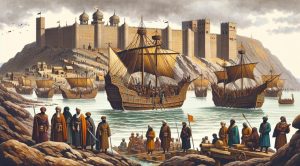
How Imperial Expansion Changed Borders And Cultures Forever
How Imperial Expansion Changed Borders And Cultures Forever

The Rise And Fall Of Early Kingdoms In World History
The Rise And Fall Of Early Kingdoms In World History

Lost Civilizations And What Archaeology Reveals About Them
Lost Civilizations And What Archaeology Reveals About Them
